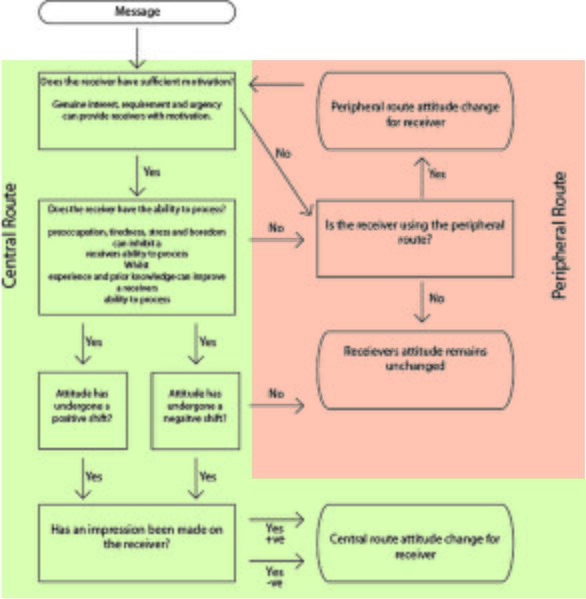Trust is the belief that another person will do what is expected. It brings with it a willingness for one party to become vulnerable to another party, on the presumption that the trustee will act in ways that benefit the trustor. In addition, the trustor does not have control over the actions of the trustee. Scholars distinguish between generalized trust, which is the extension of trust to a relatively large circle of unfamiliar others, and particularized trust, which is contingent on a specific situation or a specific relationship.
Image: Levels of trust are higher in more equal rich countries
Image: Levels of trust are higher in more equal US states
Social psychology
is the scientific study of how thoughts, feelings, and behaviors are influenced by the actual, imagined, or implied presence of others. Social psychologists typically explain human behavior as a result of the relationship between mental states and social situations, studying the social conditions under which thoughts, feelings, and behaviors occur, and how these variables influence social interactions.
The Elaboration Likelihood Model is an influential model of persuasion
Social psychologists study interactions within groups, and between both groups and individuals.




